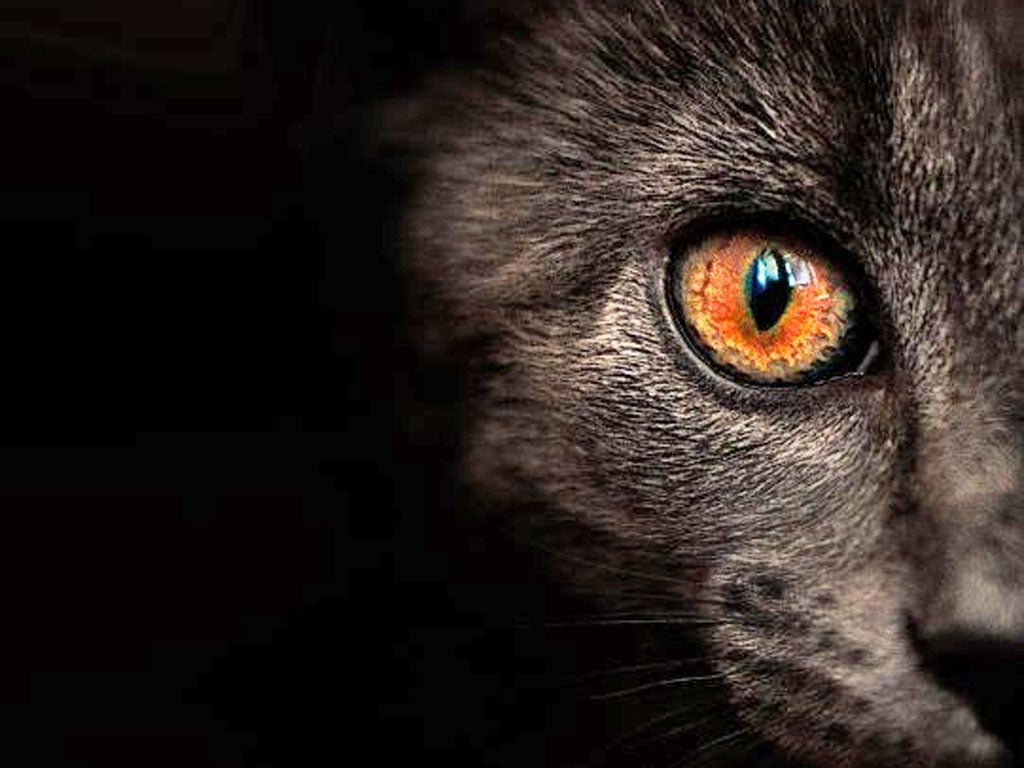
A parasite spread by cats is infecting 1,000 new people every day in Britain – about 350,000 a year – according to an official assessment of the risks posed by toxoplasma, which can cause serious illness and has been tentatively linked with schizophrenia and other psychotic disturbances.
Official figures to be published later this week will reveal the levels of infection within the UK population of Toxoplasma gondii, a microscopic parasite that forms cysts in the human brain and other vital organs of the body.
Toxoplasma infections come either through direct contact with cats or from eating contaminated meat or vegetables, tests on British blood donors have revealed.
Although the clinical signs can be mild, risk groups, such as pregnant women and patients with compromised immune systems, can suffer very serious side-effects, leading to congenital birth deformities, blindness, dementia and even death.
In addition to infections caused by direct contact with cats, people can pick up the parasite by eating the meat of infected animals or from raw vegetables that have not been washed properly to rid them of any toxoplasma eggs contaminating the soil.
About 80 per cent of infected people show no obvious symptoms of toxoplasma. Experts are especially concerned about the emerging evidence suggesting that apparently healthy people with toxoplasma may still be affected even when they show no obvious clinical symptoms. Studies have also linked toxoplasma infection to psychotic disturbances such as self-harm and suicide, and to serious psychiatric illnesses such as schizophrenia.
This week the Food Standards Agency (FSA) will publish a "risk profile" of toxoplasma in the food chain, i has learnt. Experts have urged the FSA to review its advice to pregnant women and immune-compromised patients, and strongly advised it to change its policy stating it is safe for people to eat rare lamb. Sheep are thought to pick up the parasite by eating grass or feed that is contaminated with cat faeces. Studies indicate that nearly 70 per cent of British sheep have been exposed to the parasite.
But the FSA's chief scientist, Andrew Wadge, said it is safe for people to serve lamb rare: "Our advice is on the basis of what we know."
However, other experts disagree, warning toxoplasma cysts can survive cooking when meat is served pink. "I would certainly not recommend eating rare lamb," said Barbara Lund, a microbiologist at the Institute of Food Research in Norwich.
Subscribe to Independent Premium to bookmark this article
Want to bookmark your favourite articles and stories to read or reference later? Start your Independent Premium subscription today.

Join our commenting forum
Join thought-provoking conversations, follow other Independent readers and see their replies